L-Thyroxine
✅ Regulates thyroid hormones
✅ Manages hypothyroidism symptoms
✅ Boosts energy levels
✅ Supports metabolism
✅ Improves overall well-being
L-Thyroid contains Thyroxine Sodium.
Product Overview
L-Thyroid is a pharmaceutical preparation containing Thyroxine Sodium as its active component. This synthetic formulation replicates the natural thyroid hormone thyroxine, playing a vital role in metabolic regulation, growth processes, and energy utilization within the body. Clinically indicated for hypothyroidism management, L-Thyroid effectively compensates for thyroid hormone deficiency caused by underactive thyroid function. Through precise hormone replacement, this medication normalizes endocrine balance, addressing both clinical manifestations and underlying metabolic disturbances associated with thyroid insufficiency.
Therapeutic Applications
As a cornerstone treatment for hypothyroidism, L-Thyroid addresses the spectrum of symptoms resulting from inadequate thyroid hormone production. The medication proves particularly effective in managing clinical manifestations including persistent fatigue, unexplained weight fluctuations, thermoregulatory dysfunction (cold intolerance), dermatological changes (xerosis), alopecia, and mood disturbances. Through physiological hormone replacement, it restores euthyroid status, enabling normal cellular metabolism and organ system function.
Administration Guidelines
For optimal pharmacokinetics, L-Thyroid requires strict adherence to dosing protocols:
• Morning administration on an empty stomach (minimum 30-60 minutes preprandial)
• Consistent daily timing to maintain stable serum concentrations
• Complete avoidance of concomitant food intake (particularly calcium-rich or high-fiber foods)
• Whole tablet ingestion with 240mL water (no crushing/chewing)
• Minimum 4-hour separation from other medications/supplements
Mechanism of Action
L-Thyroid exerts its therapeutic effects through bioidentical hormone replacement. The synthetic thyroxine (T4) undergoes peripheral conversion to triiodothyronine (T3), the active hormonal form that:
• Modulates basal metabolic rate via nuclear receptor interactions
• Regulates mitochondrial oxidative phosphorylation
• Influences protein synthesis and substrate utilization
• Maintains neurological development and cardiovascular homeostasis
Dosage Protocol
Therapeutic dosing follows a precision medicine approach:
• Initial titration: 1.6 mcg/kg/day (adults <50 without cardiac risk)
• Geriatric/cardiac patients: 12.5-25 mcg initiation
• Pediatric dosing: Weight-based calculation (typically 5-6 mcg/kg)
• Dose adjustments: 12.5-25 mcg increments every 4-6 weeks
• Monitoring: TSH levels every 6-8 weeks until stabilization
• Maintenance ranges: 100-200 mcg daily (adult average)
Therapeutic Advantages
Clinical benefits of optimized L-Thyroid therapy include:
• Resolution of hypothyroid symptomatology (2-6 weeks)
• Prevention of myxedema complications
• Cardiovascular risk reduction (lipid normalization)
• Improved reproductive function
• Cognitive performance enhancement
• Metabolic parameter optimization
Adverse Effect Profile
Dose-dependent adverse reactions may include:
• Cardiovascular: Tachycardia, arrhythmias (AF), palpitations
• Neurological: Tremor, hyperkinesis, insomnia
• Metabolic: Hyperthermia, diaphoresis
• Gastrointestinal: Appetite dysregulation
Note: These typically manifest during dose escalation and usually attenuate with time or minor dose reduction.
Precautionary Measures
Special considerations require:
• Cardiac evaluation in elderly patients
• Adrenal axis assessment (risk of crisis)
• Diabetes mellitus monitoring (altered insulin requirements)
• Pregnancy category A (requires dose adjustments)
• Drug interaction vigilance (PPIs, iron, calcium, etc.)
• Malabsorption risk evaluation (celiac, bariatric surgery)
Storage Specifications
Proper storage conditions:
• Temperature: 15-30°C (59-86°F)
• Humidity: <60% RH
• Protection: Light-resistant containers
• Shelf life: 24 months from manufacture
• Avoid: Bathroom storage, extreme temperatures
Medical Disclaimer
The provided information constitutes educational material reviewed by healthcare professionals. This content:
• Does not replace personalized medical advice
• May not encompass all potential drug interactions
• Should be cross-referenced with current prescribing guidelines
• Requires physician consultation for individual cases
• Serves to complement (not substitute) clinical judgment
Patients must consult qualified healthcare providers for diagnosis and treatment decisions.
| Strength | 25 mcg, 50 mcg, 75 mcg, 100 mcg, 125 mcg, 150 mcg |
|---|---|
| Quantity | 1 Bottle/s, 2 Bottle/s, 3 Bottle/s, 6 Bottle/s |
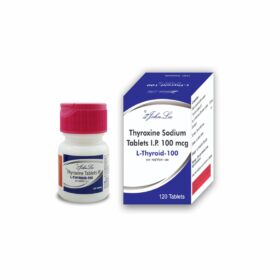 L-Thyroxine
L-Thyroxine









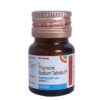
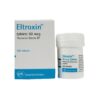






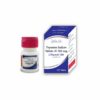
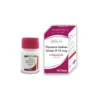
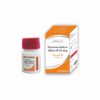
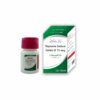
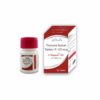
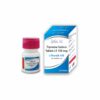
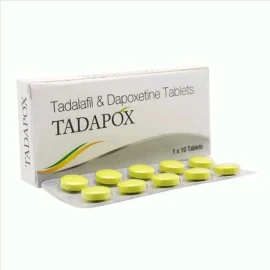
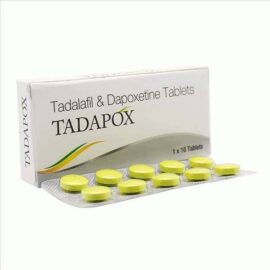
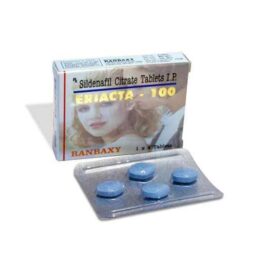



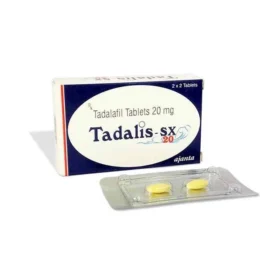
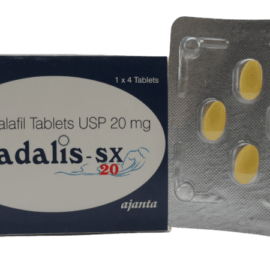


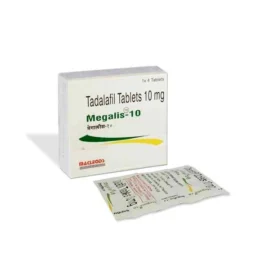
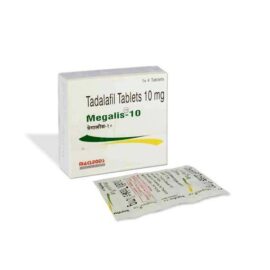
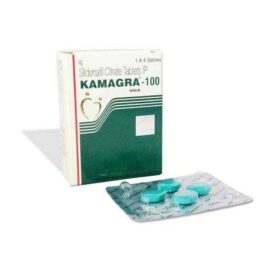
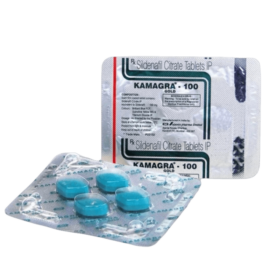
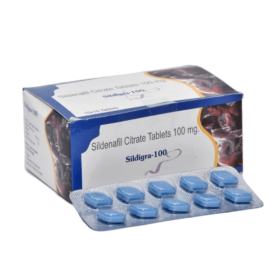
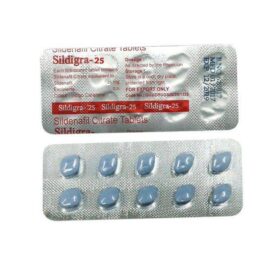
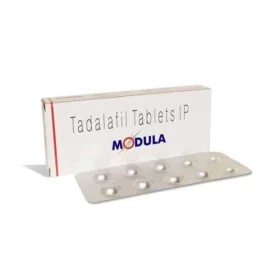
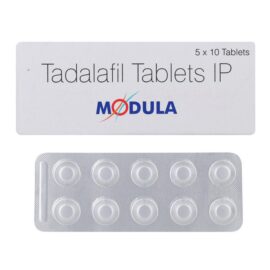
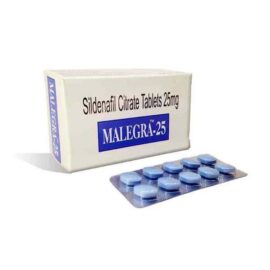
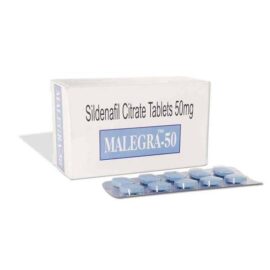

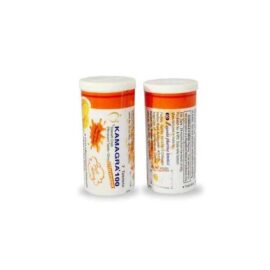
Reviews
There are no reviews yet